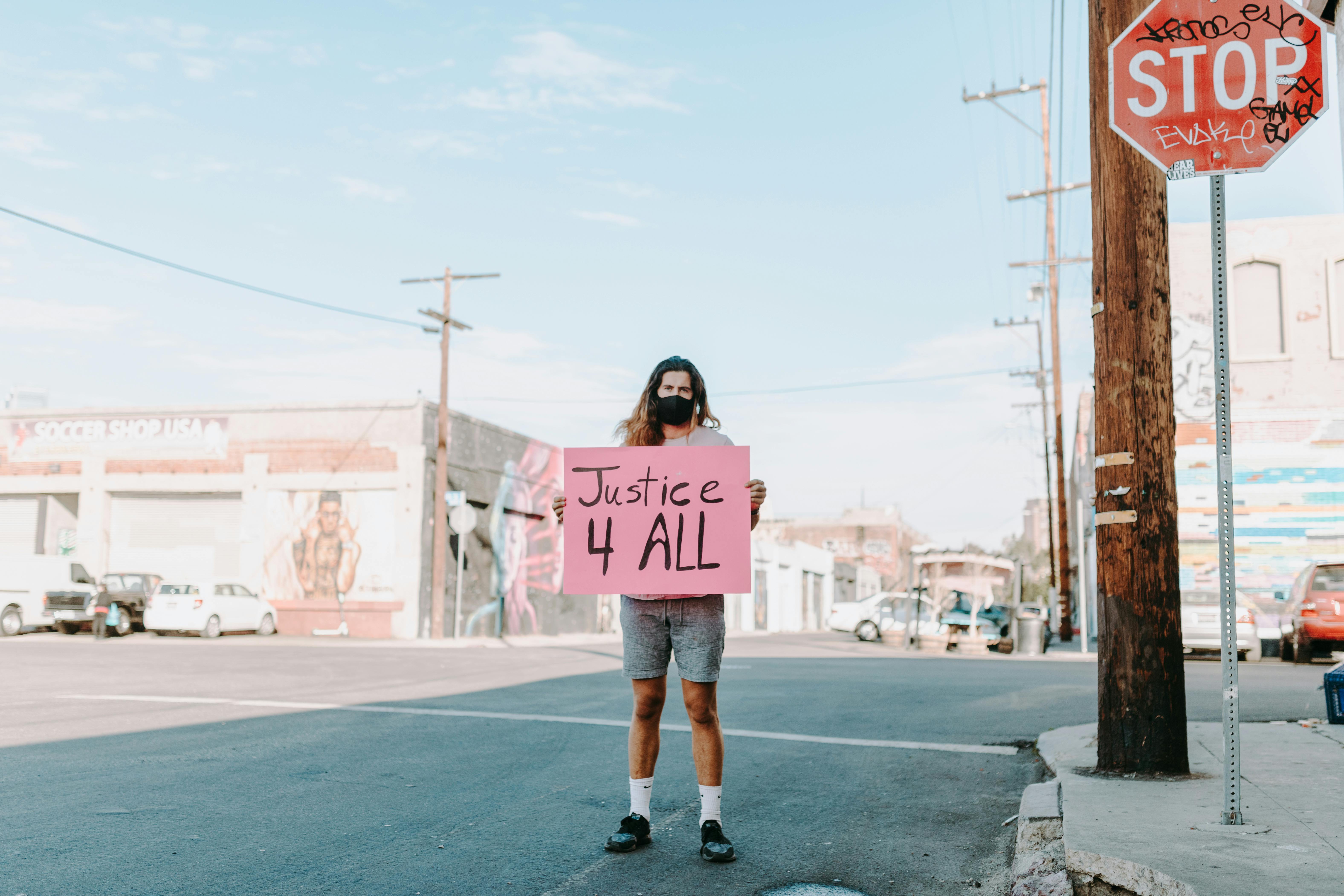California has very strict laws that protect the elderly, both civilly and criminally. As soon as a California resident turns 65, they are considered a “protected party.” Jaime Levine, attorney director of Elder Law & Advocacy’s Senior Legal Services program, explains what this means for seniors and outlines a statute that gives seniors and their advocates access to higher damages and lower thresholds in terms of what constitutes harm against a victim.
One statute that Levine describes as particularly effective in helping older people who have been taken advantage of is Civil Code §3345b. This statute states that any “protected party” who is successful in a civil cause of action is eligible to receive significantly higher damages if a judge believes that the older person was attacked because of their vulnerability.
Says Levine: “It’s a very effective tool for any attorney representing elderly victims. When I write a demand letter, for example, I often structure it in such a way as to make it clear that the risk of non-return was improperly maintained.” . the property will be potentially very expensive for the opposing party that refuses to comply.”
A common scenario for ELA clients is that a “friend” of an older person with resources applies for a loan, often with no intention of repaying it. When the “friend” defaults, the elder will seek legal assistance. If it appears to be a case where the senior is being victimized due to their age, ELA attorneys will write a letter stating that if the money is not returned within 14 days, ELA will advise their client to consider taking action. legal to recover the money. full loan amount: a penalty equal to three times the amount owed on the loan under §3345b, plus attorneys’ fees and any other available damages.
“The proposition of potentially losing a multiple of what the borrower actually owes the senior puts enormous pressure on a potential defendant to settle immediately,” Levine explains. For this reason, using §3345b in conjunction with seniors’ “protected party” status is very effective, further demonstrated by the ELA’s excellent success rate in recovering assets without resorting to litigation.
This genre of statutes often raises questions such as whether or not targeting older adults can negatively affect them because they will be, in some way, infantilized. Says Levine, “This is not something I’ve ever seen. In fact, I’ve experienced the opposite; older people are empowered by laws that give them additional damages in cases where they’re being victimized due to age-related vulnerability. “.
Anecdotal experience is not data, of course; but Levine, over the past 11 years of his practice and time with ELA, has helped over 10,000 clients. Elder Law & Advocacy’s Senior Legal Services Program has helped over 40,000 seniors during that time period.
Levine states, “I cannot recall a situation where seniors have been adversely affected by ‘protected parties’ legislation in California. In my experience, the strict financial elder abuse laws serve to allow attorneys to private institutions achieve notable success without having to resort to litigation. They also allow for civil remedies to offset the ever-overstretched resources of the criminal justice system.”
For more information on Civil Code §3345, see the text of the law below:
§3345. (a) This section shall apply only to actions brought by, on behalf of, or for the benefit of senior citizens or disabled persons, as those terms are defined in subdivisions (f) and (g) of Section 1761, to repair injustices or deceptive acts or practices or unfair methods of competition. (b) Whenever a trier of fact is authorized by law to impose a fine, civil penalty, or other penalty, or any other remedy the purpose or effect of which is to punish or deter, and the amount of the fine, penalty, or other remedy is subject to the discretion of the trier of fact, the trier of fact shall consider all of the following factors, in addition to other appropriate factors, in determining the amount of the fine, civil or other penalty, or other remedy for tax. Provided that the trier of fact makes an affirmative determination with respect to one or more of the following factors, he or she may impose a fine, civil penalty or other sanction or other remedy in an amount up to three times greater than that authorized by law, or, when the law does not authorize a specific amount, up to three times greater than the amount that the judge of fact would impose in the absence of that affirmative determination:
(1) Whether the defendant knew or should have known that his conduct was directed at one or more elderly or disabled persons.
(2) If the defendant’s conduct caused one or more elderly or disabled persons to suffer: loss or encumbrance of a principal residence, principal employment, or source of income; substantial loss of assets set aside for retirement or personal or family care and maintenance; or substantial loss of payments received under a pension or retirement plan or government benefit program, or assets essential to the health or well-being of the elderly or disabled person.
(3) If one or more senior citizens or disabled persons are substantially more vulnerable than other members of the public to the defendant’s conduct because of their age, ill health or illness, impaired comprehension, restricted mobility, or disability, and in actually suffered substantial bodily harm, emotional harm, or financial harm as a result of the defendant’s conduct.




